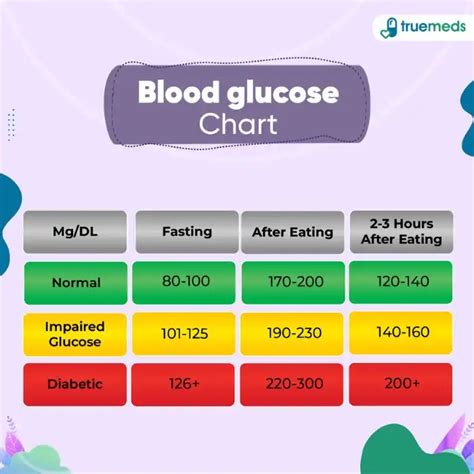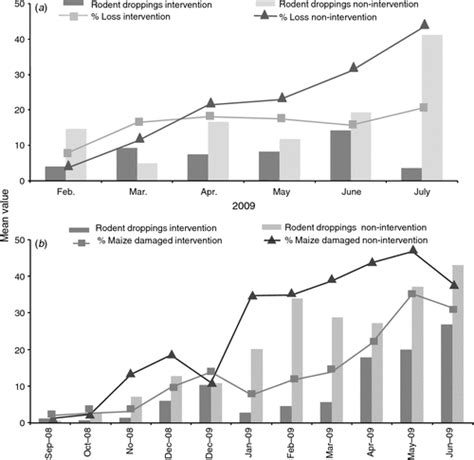Intro
Learn about the normal glucose range, blood sugar levels, and healthy glucose monitoring, including fasting glucose, postprandial glucose, and target glucose levels for optimal health.
Maintaining a normal glucose range is crucial for overall health and well-being. Glucose, a type of sugar, is the primary source of energy for the body's cells. When glucose levels are within a normal range, the body functions optimally, and the risk of chronic diseases like diabetes, heart disease, and certain types of cancer is reduced. In this article, we will delve into the importance of normal glucose range, its benefits, and provide guidance on how to maintain it.
The normal glucose range varies throughout the day, depending on factors such as meal times, physical activity, and sleep patterns. Generally, a normal fasting glucose level is between 70 and 99 mg/dL, while a normal postprandial (after meal) glucose level is less than 140 mg/dL. It is essential to understand that glucose levels can fluctuate, and occasional deviations from the normal range are not typically a cause for concern. However, consistently high or low glucose levels can indicate an underlying health issue that requires medical attention.
Understanding glucose levels and their impact on the body is vital for maintaining optimal health. Glucose is obtained from the food we eat, primarily from carbohydrates, and is transported to the cells via the bloodstream. Insulin, a hormone produced by the pancreas, regulates glucose levels by facilitating its entry into the cells. When insulin is functioning correctly, glucose levels remain within a normal range, and the body's cells receive the energy they need to function properly. Conversely, insulin resistance or deficiency can lead to abnormal glucose levels, increasing the risk of developing insulin-related disorders.
Importance of Normal Glucose Range

Maintaining a normal glucose range is essential for preventing chronic diseases, improving cognitive function, and enhancing overall well-being. When glucose levels are within a normal range, the body's cells receive the energy they need to function optimally, reducing the risk of fatigue, weakness, and other symptoms associated with abnormal glucose levels. Additionally, a normal glucose range helps to prevent damage to the blood vessels, nerves, and organs, reducing the risk of complications such as heart disease, kidney disease, and neuropathy.
Benefits of Normal Glucose Range
The benefits of maintaining a normal glucose range are numerous and well-documented. Some of the most significant advantages include: * Improved energy levels and reduced fatigue * Enhanced cognitive function and mental clarity * Reduced risk of chronic diseases, such as diabetes, heart disease, and certain types of cancer * Improved wound healing and reduced risk of infections * Healthier skin, hair, and nails * Reduced risk of depression and anxietyFactors Affecting Glucose Levels

Several factors can affect glucose levels, including:
- Diet: Consuming high-carbohydrate foods, sugary drinks, and processed snacks can cause glucose levels to spike.
- Physical activity: Regular exercise, such as walking, running, or swimming, can help lower glucose levels and improve insulin sensitivity.
- Sleep patterns: Poor sleep quality, duration, or timing can disrupt glucose regulation and increase the risk of insulin resistance.
- Stress: Chronic stress can raise glucose levels and worsen insulin resistance.
- Certain medications: Some medications, such as steroids and certain psychiatric medications, can increase glucose levels.
Ways to Maintain Normal Glucose Range
Maintaining a normal glucose range requires a combination of healthy lifestyle habits, including: * Eating a balanced diet that is rich in whole, unprocessed foods, such as vegetables, fruits, whole grains, lean proteins, and healthy fats. * Engaging in regular physical activity, such as walking, running, swimming, or cycling, for at least 150 minutes per week. * Getting adequate sleep, aiming for 7-9 hours per night, and establishing a consistent sleep schedule. * Managing stress through relaxation techniques, such as meditation, yoga, or deep breathing exercises. * Monitoring glucose levels regularly, especially if you have a history of insulin-related disorders or are at risk of developing them.Monitoring Glucose Levels

Monitoring glucose levels is essential for maintaining a normal glucose range and preventing insulin-related disorders. There are several ways to monitor glucose levels, including:
- Fasting glucose tests: This test measures glucose levels after an overnight fast.
- Postprandial glucose tests: This test measures glucose levels after a meal.
- Random glucose tests: This test measures glucose levels at any time of the day.
- Continuous glucose monitoring (CGM) systems: These devices track glucose levels throughout the day and night, providing detailed insights into glucose patterns and trends.
Interpreting Glucose Test Results
Interpreting glucose test results requires a basic understanding of glucose levels and their implications for health. Here are some general guidelines: * Normal fasting glucose: 70-99 mg/dL * Normal postprandial glucose: Less than 140 mg/dL * Prediabetes: 100-125 mg/dL (fasting) or 140-199 mg/dL (postprandial) * Diabetes: 126 mg/dL or higher (fasting) or 200 mg/dL or higher (postprandial)Treatment and Management of Abnormal Glucose Levels

Treatment and management of abnormal glucose levels depend on the underlying cause and severity of the condition. Lifestyle modifications, such as dietary changes, increased physical activity, and stress management, are often the first line of treatment. In some cases, medication or insulin therapy may be necessary to regulate glucose levels and prevent complications.
Lifestyle Modifications for Abnormal Glucose Levels
Lifestyle modifications are essential for managing abnormal glucose levels and preventing insulin-related disorders. Some effective lifestyle modifications include: * Eating a balanced diet that is rich in whole, unprocessed foods * Engaging in regular physical activity, such as walking, running, or swimming * Getting adequate sleep and establishing a consistent sleep schedule * Managing stress through relaxation techniques, such as meditation or deep breathing exercises * Monitoring glucose levels regularly and adjusting treatment plans as neededComplications of Abnormal Glucose Levels

Abnormal glucose levels can lead to several complications, including:
- Heart disease and stroke
- Kidney disease and kidney failure
- Nerve damage and neuropathy
- Eye damage and blindness
- Foot damage and amputations
- Cognitive impairment and dementia
Preventing Complications of Abnormal Glucose Levels
Preventing complications of abnormal glucose levels requires a proactive approach to health and wellness. Some effective strategies include: * Maintaining a normal glucose range through lifestyle modifications and medication (if necessary) * Monitoring glucose levels regularly and adjusting treatment plans as needed * Getting regular health check-ups and screenings for complications * Managing other health conditions, such as high blood pressure and high cholesterol, that can increase the risk of complicationsWhat is a normal glucose range?
+A normal glucose range is typically between 70 and 99 mg/dL for fasting glucose and less than 140 mg/dL for postprandial glucose.
What are the benefits of maintaining a normal glucose range?
+Maintaining a normal glucose range can help prevent chronic diseases, improve cognitive function, and enhance overall well-being.
How can I maintain a normal glucose range?
+Maintaining a normal glucose range requires a combination of healthy lifestyle habits, including a balanced diet, regular physical activity, adequate sleep, and stress management.
In summary, maintaining a normal glucose range is essential for overall health and well-being. By understanding the factors that affect glucose levels and taking proactive steps to maintain a normal glucose range, individuals can reduce their risk of chronic diseases and improve their quality of life. We invite you to share your thoughts and experiences on maintaining a normal glucose range and encourage you to take action today to prioritize your health and wellness.
